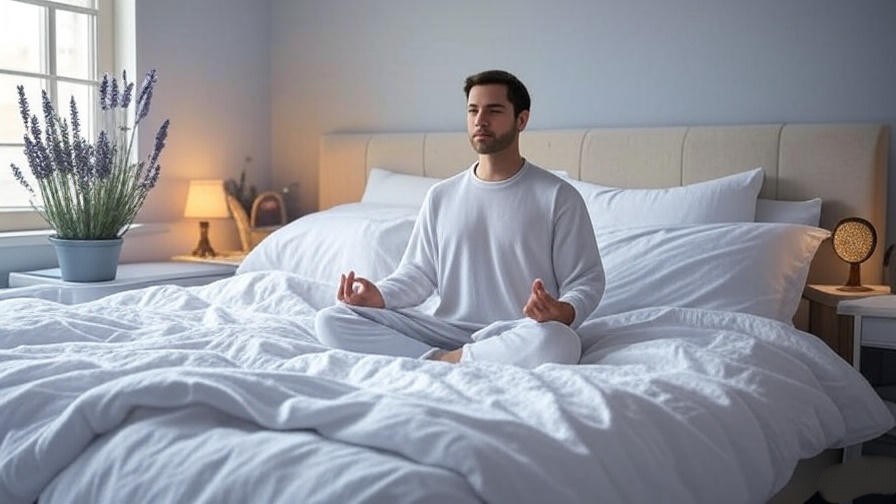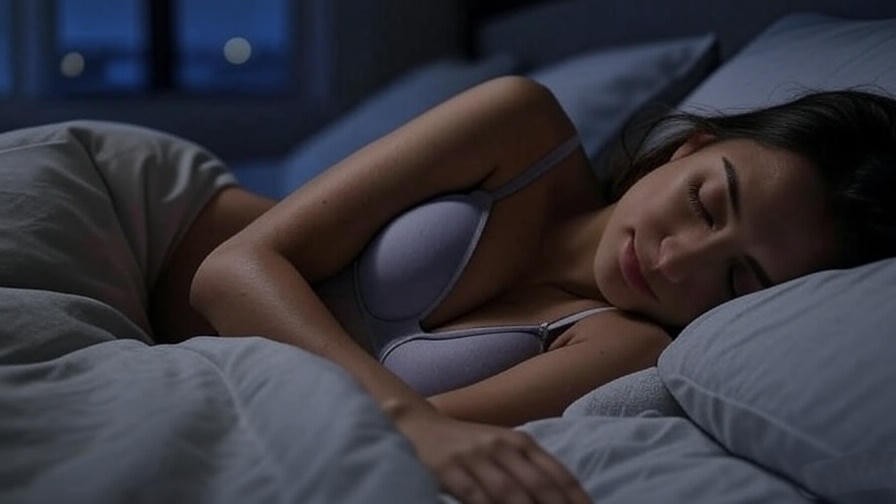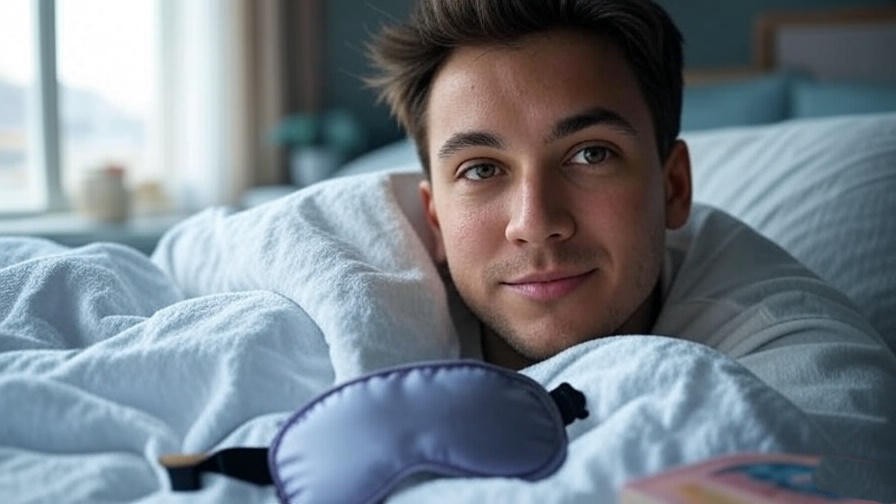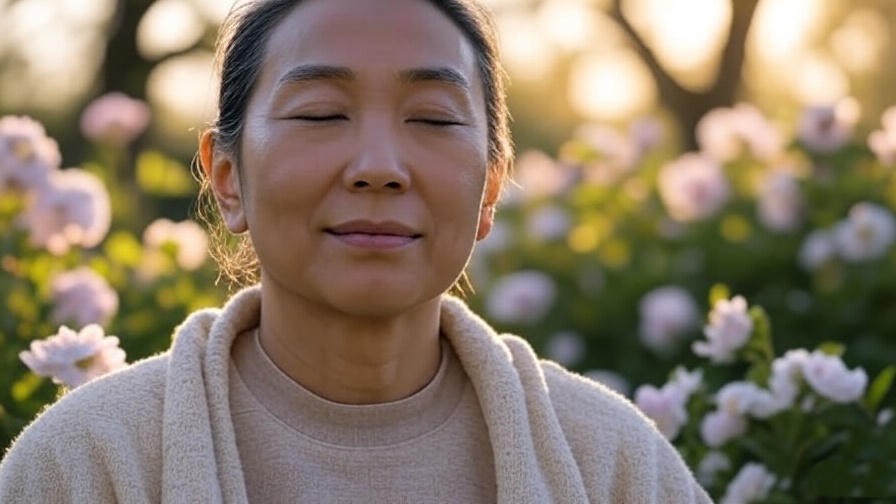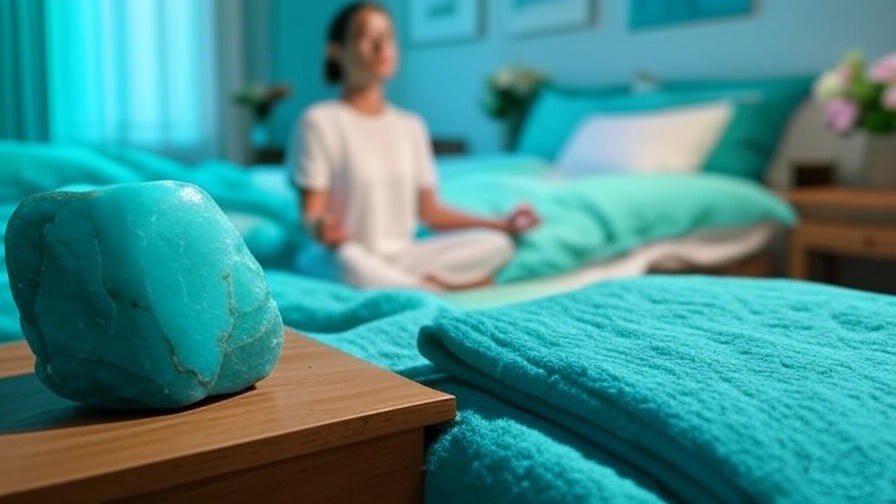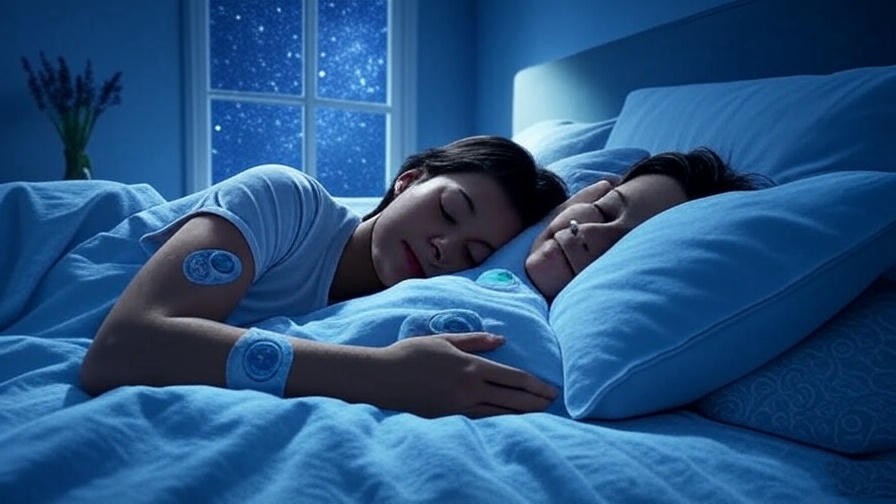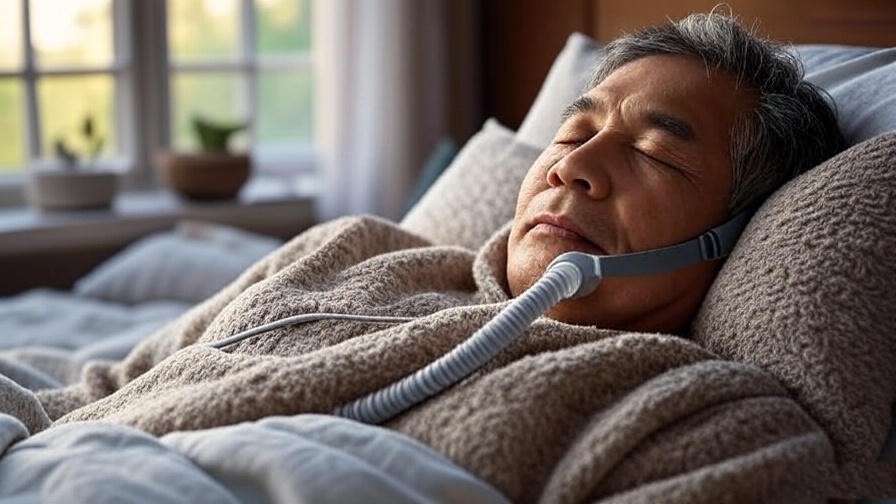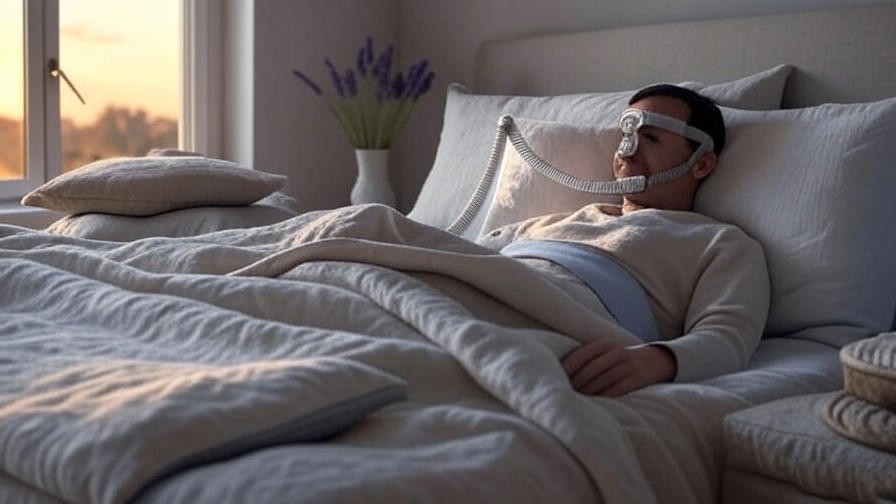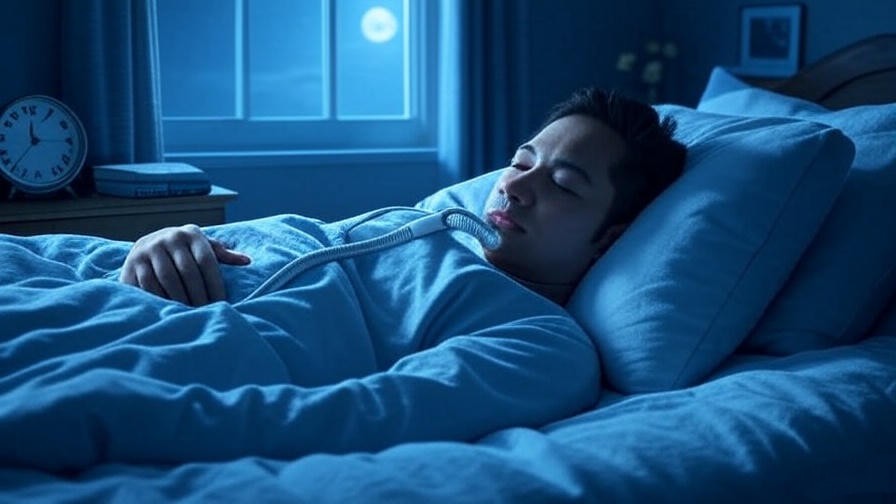Tossing and turning, you glance at the clock: 2 a.m. Despite following every sleep tip from popular New York Times articles—like avoiding screens or sticking to a strict bedtime—you’re still sleeping poorly, waking up exhausted. Sound familiar? You’re not alone. According to the CDC, 1 in 3 adults struggles with insufficient sleep, and mainstream advice often falls short. This article dives deep into why you’re still sleeping NYT readers love to explore, uncovering the root causes of poor rest and offering holistic, evidence-based practices to transform your sleep. From mindfulness to nutrition, we’ll guide you toward restorative rest that lasts.
Understanding Why You’re Still Struggling to Sleep
The Limitations of Mainstream Sleep Advice
You’ve likely read countless NYT-style sleep guides: dim the lights, avoid caffeine, or set a consistent bedtime. Yet, these tips don’t always work. Why? They often lack personalization. What helps one person may disrupt another. For example, a rigid sleep schedule might stress someone with an irregular lifestyle, like a night-shift worker. Mainstream advice also tends to overlook mental health or holistic factors like diet and stress. Dr. Matthew Walker, a renowned sleep scientist, notes in Why We Sleep that individualized approaches are critical, as sleep needs vary by genetics, lifestyle, and environment.
Moreover, these tips rarely address deeper issues like anxiety or poor sleep hygiene. A 2023 study from the National Sleep Foundation found that 65% of adults report stress as a primary sleep disruptor, yet many popular guides focus solely on physical habits. This gap leaves readers searching for solutions that truly work.
The Science Behind Poor Sleep Quality
To understand why you’re still struggling, let’s explore the biology of sleep. Your circadian rhythm, a 24-hour internal clock, regulates sleep-wake cycles through melatonin production. Disruptions—like stress, blue light from devices, or irregular schedules—can throw this rhythm off, reducing time in restorative REM and deep sleep stages. A 2024 study in Sleep Medicine found that chronic stress elevates cortisol, delaying sleep onset by up to 30 minutes.
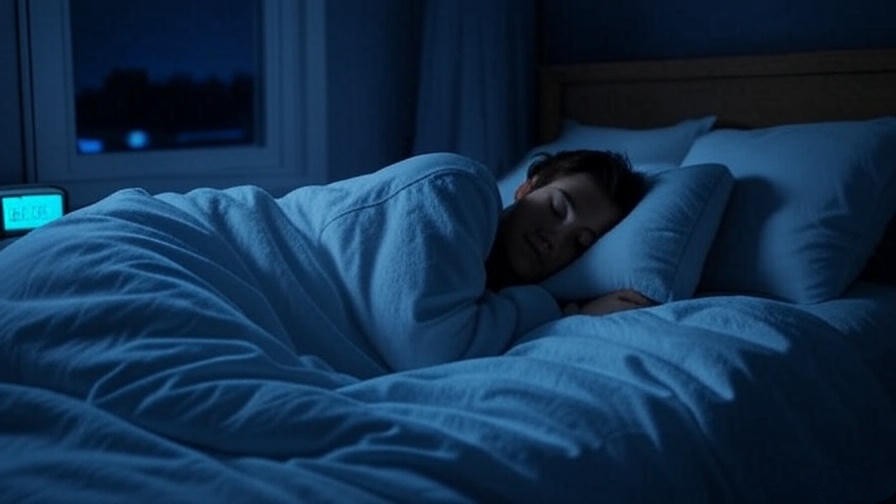
Other culprits include poor sleep hygiene (e.g., a cluttered bedroom) and lifestyle factors like late-night eating. These disruptors prevent your brain from cycling through the five sleep stages, leaving you groggy even after 8 hours. Understanding these mechanisms is the first step to reclaiming restful nights.
Why Holistic Practices Are the Key to Better Sleep
What Makes a Holistic Approach Different?
Holistic well-being integrates mind, body, and environment to optimize health. Unlike quick fixes like sleeping pills, holistic practices address root causes—stress, poor nutrition, or an overactive mind. For example, while a pill might knock you out, it doesn’t improve sleep quality. In contrast, mindfulness reduces cortisol, promoting deeper rest. A 2022 meta-analysis in Journal of Clinical Sleep Medicine found that holistic interventions, combining meditation and lifestyle changes, improved sleep quality by 40% compared to medication alone.
Holistic methods also empower you to take control. By aligning your lifestyle with your body’s natural rhythms, you create sustainable habits that enhance sleep and overall well-being.
The Connection Between Sleep, Meditation, and Happiness
Meditation doesn’t just calm the mind—it rewires it for better sleep. Mindfulness-based stress reduction (MBSR) programs have been shown to increase melatonin production and reduce insomnia symptoms by 25%, per a 2023 study in Frontiers in Psychology. Meditation also fosters happiness, which is closely tied to sleep. Positive emotions reduce stress hormones, creating a virtuous cycle: better mood, better rest.
Try This Tonight: A 10-minute mindfulness meditation. Sit comfortably, close your eyes, and focus on your breath. Inhale for 4 seconds, hold for 4, exhale for 6. If thoughts arise, gently return to your breath. This simple practice lowers heart rate and prepares your body for sleep.
Proven Holistic Strategies to Unlock Restorative Sleep
Optimizing Your Sleep Environment
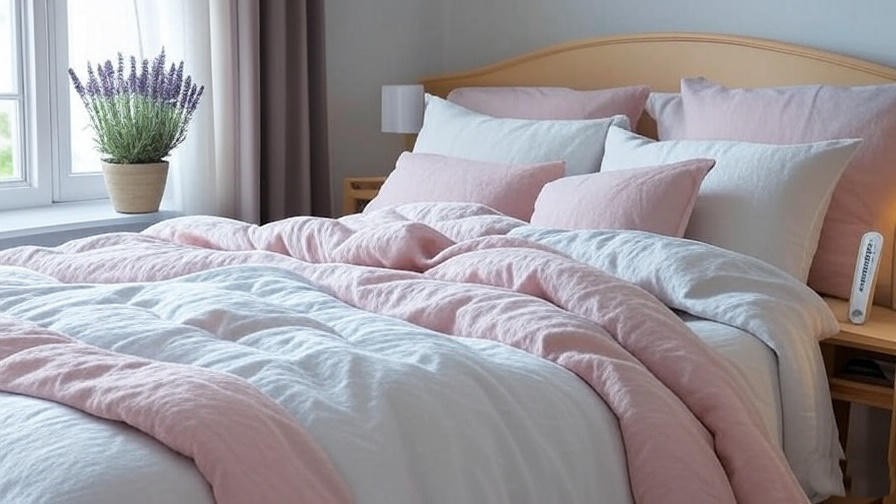
Your bedroom is your sleep sanctuary. The National Sleep Foundation recommends a cool (60-67°F), dark, and quiet environment to signal rest to your brain. Use blackout curtains to block light, as even dim exposure can suppress melatonin by 20%, per a 2021 study in Nature. Invest in natural bedding like organic cotton for breathability. Aromatherapy, such as lavender essential oil, can also help—studies show it reduces anxiety and improves sleep onset by 15 minutes.
Case Study: Sarah, a 34-year-old teacher, struggled with insomnia for years. By decluttering her bedroom, using a white noise machine, and adding a lavender diffuser, she reported falling asleep 30 minutes faster within a week.
Nutrition and Sleep: What to Eat and Avoid
Your diet plays a pivotal role in sleep quality. Foods rich in magnesium (almonds, spinach) and tryptophan (turkey, bananas) boost melatonin production. Chamomile tea, with its apigenin content, promotes relaxation, per a 2022 study in Nutrients. Avoid caffeine after 2 p.m., as it can linger in your system for 6-8 hours, and steer clear of sugary or heavy meals within 3 hours of bedtime, which can disrupt digestion and sleep cycles.
Expert Insight: Nutritionist Dr. Lisa Young explains, “A balanced diet with whole foods supports melatonin synthesis, while processed foods can spike blood sugar, keeping you awake.”
Mindfulness and Meditation Techniques for Better Rest
Meditation is a game-changer for sleep. A body scan meditation, where you mentally “scan” your body for tension, releases physical stress and calms the nervous system. A 2023 study in Sleep found that 10 minutes of daily body scan meditation reduced insomnia severity by 30%.
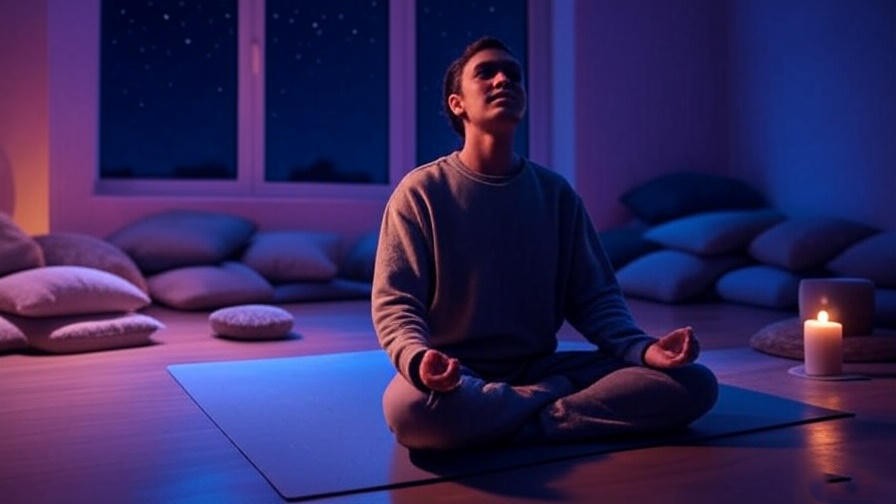
Guided Body Scan:
- Lie down in a quiet space.
- Close your eyes and take 5 deep breaths.
- Focus on your toes, noticing any tension, then release it.
- Slowly move up your body—feet, legs, hips, and so on—until you reach your head.
- Spend 10-15 minutes; practice 30 minutes before bed.
For convenience, try apps like Calm or Headspace, or follow this script nightly.
Movement and Exercise for Improved Sleep
Moderate exercise enhances sleep quality. A 2024 study in Journal of Sleep Research found that 30 minutes of daily movement, like walking or yoga, reduces sleep onset time by 10 minutes. Yoga poses like child’s pose or legs-up-the-wall relax the nervous system, preparing you for rest. Avoid intense workouts within 3 hours of bedtime, as they can elevate adrenaline.
Tip: Try a 15-minute evening yoga flow. Hold child’s pose for 2 minutes, followed by 3 minutes of legs-up-the-wall, to signal relaxation.
Addressing Common Sleep Myths and Misconceptions
Debunking Popular Sleep Advice
Misinformation can sabotage your sleep efforts. Let’s clear up some myths:
| Myth | Reality |
|---|---|
| Everyone needs 8 hours of sleep | Sleep needs vary (6-9 hours), per the National Sleep Foundation. |
| Alcohol helps you sleep | It disrupts REM sleep, reducing rest quality (Sleep Medicine, 2023). |
| Naps ruin nighttime sleep | Short naps (20-30 minutes) can boost alertness without harm. |
These misconceptions highlight why mainstream advice, even from trusted sources like NYT, may not fully address your needs.
Why “Still Sleeping NYT” Resonates with Readers
NYT sleep articles gain traction for their science-backed, relatable advice. However, they often focus on surface-level tips, leaving readers searching for deeper solutions. This article bridges that gap, offering holistic strategies that address mind, body, and environment for lasting results.
Creating Your Personalized Sleep Plan
Assessing Your Sleep Patterns
To unlock better sleep, start by understanding your current habits. Track your sleep for one week using a journal or an app like Sleep Cycle. Note your bedtime, wake time, how long it takes to fall asleep, and how you feel upon waking. Ask yourself: What disrupts my sleep? Are stress, noise, or diet factors? A 2023 study in Sleep Health found that sleep tracking improves awareness and leads to better habits in 70% of participants.
Printable Sleep Journal Template:
- Date: Record the day and time you go to bed and wake up.
- Sleep Duration: Calculate total hours slept.
- Quality: Rate how rested you feel (1-10).
- Disruptors: Note any factors (e.g., caffeine, stress, noise).
- Mood: Log your emotional state before bed and upon waking.
This data helps identify patterns and tailor your approach. For example, if you notice late-night screen time correlates with poor sleep, you can prioritize a tech-free wind-down.
Building a Nightly Routine
A consistent evening routine signals your body to prepare for rest. Here’s a sample routine combining holistic practices:
- 6:00 p.m.: Eat a light, sleep-friendly dinner (e.g., salmon, quinoa, and steamed veggies).
- 8:00 p.m.: Turn off screens and dim lights to boost melatonin.
- 9:00 p.m.: Practice a 10-minute body scan meditation (see above).
- 9:15 p.m.: Do gentle yoga (child’s pose, legs-up-the-wall).
- 9:30 p.m.: Journal for 5 minutes to offload racing thoughts.
- 10:00 p.m.: Sip chamomile tea and read a calming book.
- 10:30 p.m.: Lights out in a cool, dark bedroom.
Tip: Journaling reduces mental clutter. Write down three things you’re grateful for or any worries to release them before bed. A 2022 study in Journal of Positive Psychology found gratitude journaling improved sleep quality by 15%.
When to Seek Professional Help
If you’ve tried holistic strategies for 4-6 weeks with no improvement, it may be time to consult a professional. Signs you need help include:
- Chronic insomnia (difficulty falling/staying asleep 3+ nights per week).
- Loud snoring or gasping, which may indicate sleep apnea.
- Persistent daytime fatigue despite 7-9 hours of sleep.
Cognitive Behavioral Therapy for Insomnia (CBT-I) is highly effective, reducing insomnia symptoms by 50% in 80% of patients, per a 2024 Sleep study. Contact a sleep specialist or therapist trained in CBT-I for personalized guidance.
Real-Life Success Stories
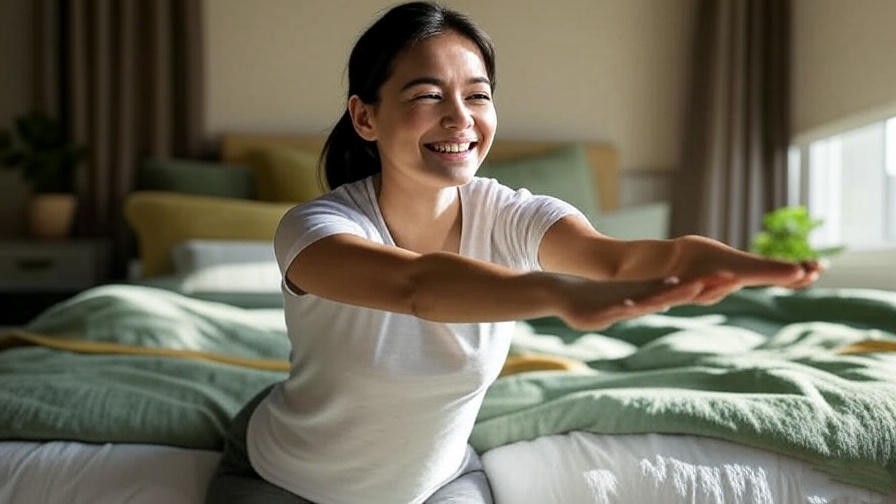
Holistic practices have transformed sleep for many. Here are two examples:
Emma, 42, Marketing Manager: Emma struggled with insomnia due to work stress. After adopting a nightly meditation routine and cutting caffeine after noon, she fell asleep 20 minutes faster and reported feeling “refreshed for the first time in years.” She credits a lavender diffuser and gratitude journaling for her success.
James, 29, Freelancer: Irregular hours left James tossing and turning. By redesigning his bedroom (blackout curtains, white noise machine) and practicing yoga, he increased his deep sleep by 30%, per his sleep tracker. “It’s like I finally cracked the code,” he says.
These stories show that small, consistent changes can yield big results, building trust in holistic methods.
Frequently Asked Questions (FAQs)
Q: How long does it take for holistic practices to improve sleep?
A: Most people see improvements within 1-2 weeks of consistent practice, with significant gains by 4-6 weeks, per a 2023 Sleep Medicine Reviews study.
Q: Can meditation replace sleep aids?
A: For some, meditation reduces reliance on sleep aids, but consult a doctor before stopping medication. A 2022 study found mindfulness as effective as low-dose sedatives for mild insomnia.
Q: What’s the best time to meditate for better sleep?
A: 30-60 minutes before bed is ideal, as it lowers cortisol and heart rate, preparing your body for rest.
Q: Are there specific foods that guarantee better sleep?
A: No guarantees, but foods like almonds, kiwi, and tart cherry juice boost melatonin and improve sleep quality, per Nutrients (2023).
Q: How does stress affect my sleep?
A: Stress elevates cortisol, delaying sleep onset and reducing deep sleep. Mindfulness and exercise can lower cortisol by up to 20%, per Frontiers in Endocrinology (2024).
Q: Can naps help if I’m sleep-deprived?
A: Short naps (20-30 minutes) boost alertness without disrupting nighttime sleep, per the National Sleep Foundation.
Q: Is it normal to wake up during the night?
A: Brief awakenings are normal, but frequent or prolonged waking may signal an issue. Track patterns and consult a specialist if needed.
Conclusion
If you’re still sleeping poorly despite following NYT-style advice, it’s time to look beyond quick fixes. Holistic practices—mindfulness, nutrition, exercise, and an optimized sleep environment—address the root causes of restless nights. By integrating these evidence-based strategies, you can reclaim restorative sleep and wake up refreshed. Start tonight with one small change, like a 10-minute meditation or a sleep-friendly snack. Download our sleep journal template to track your progress, and share your journey in the comments below. With expert-backed insights and practical tools, better rest is within reach.

